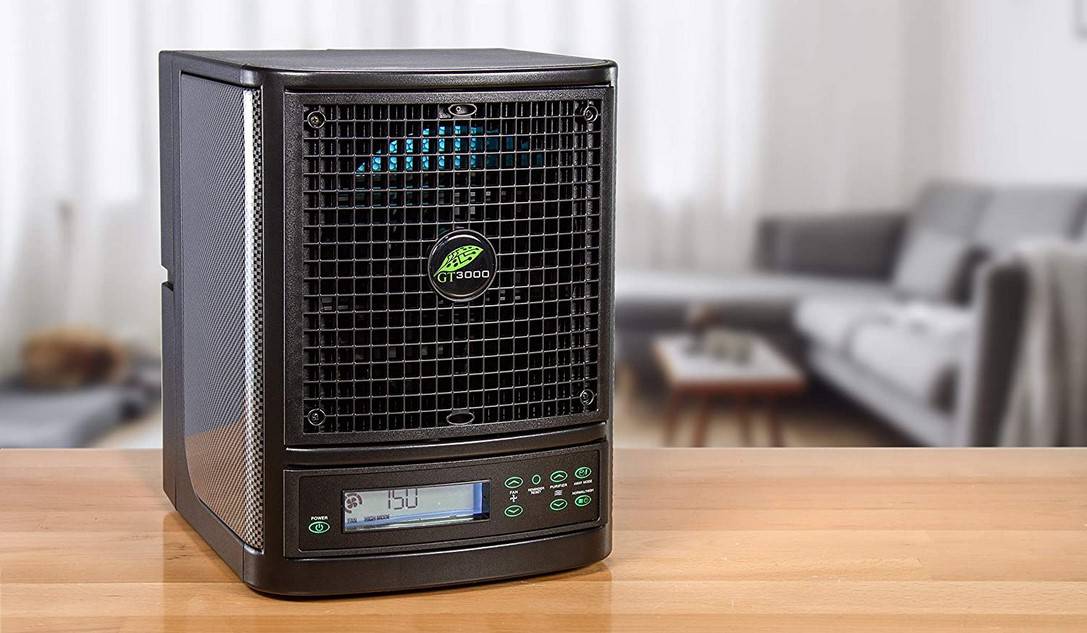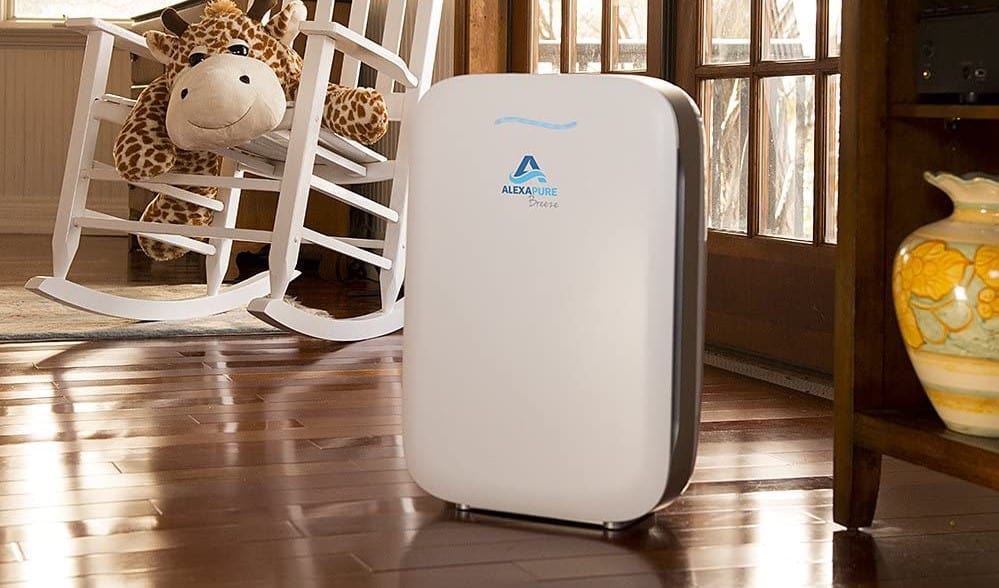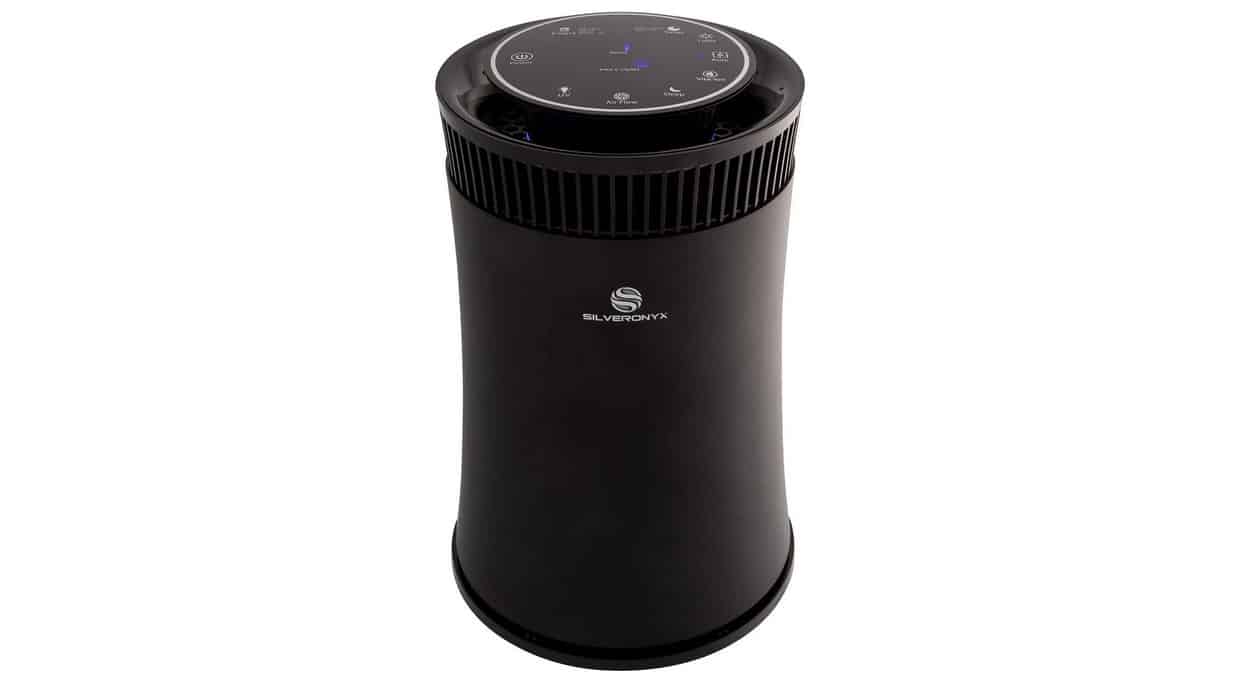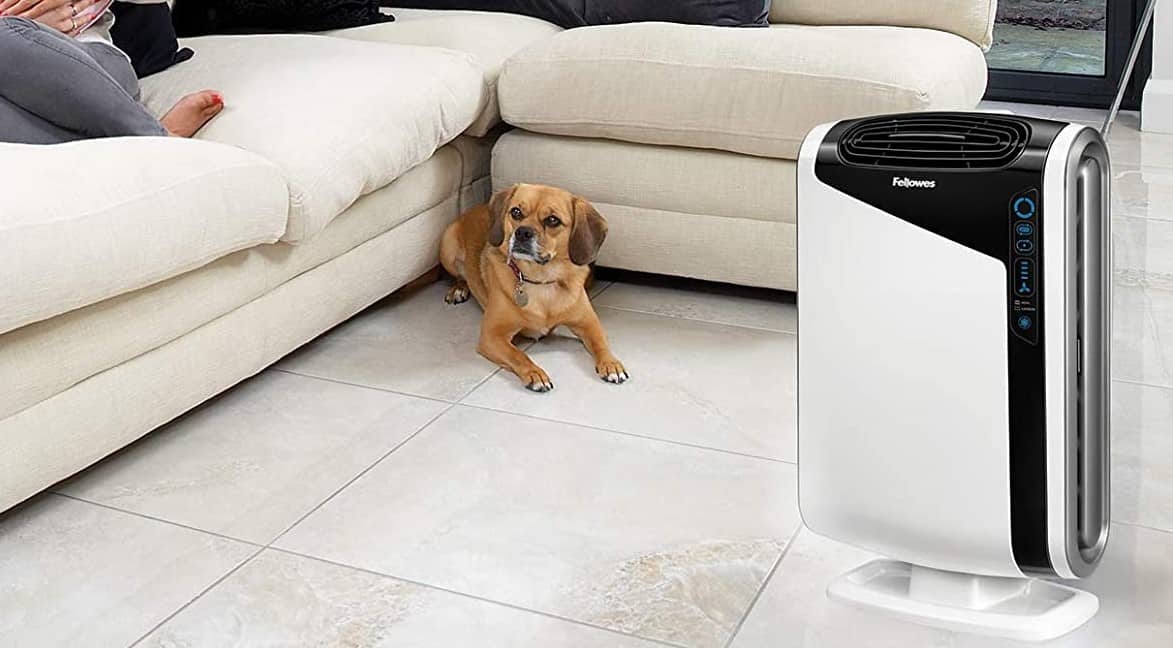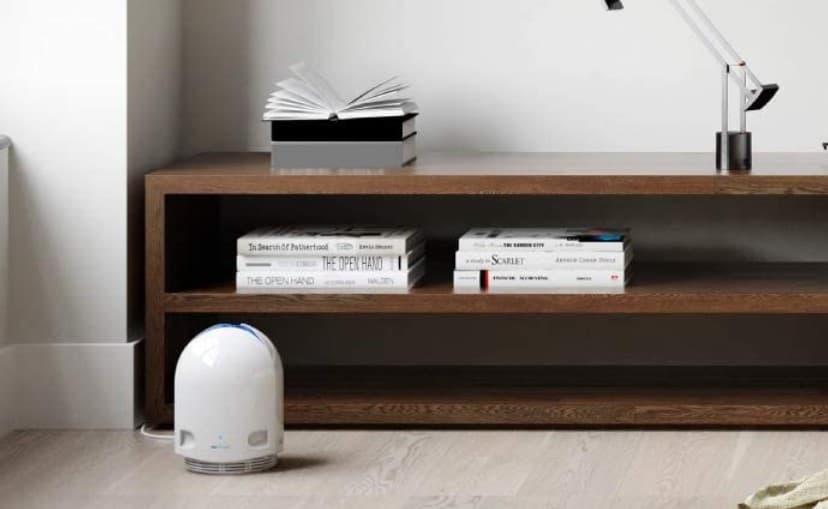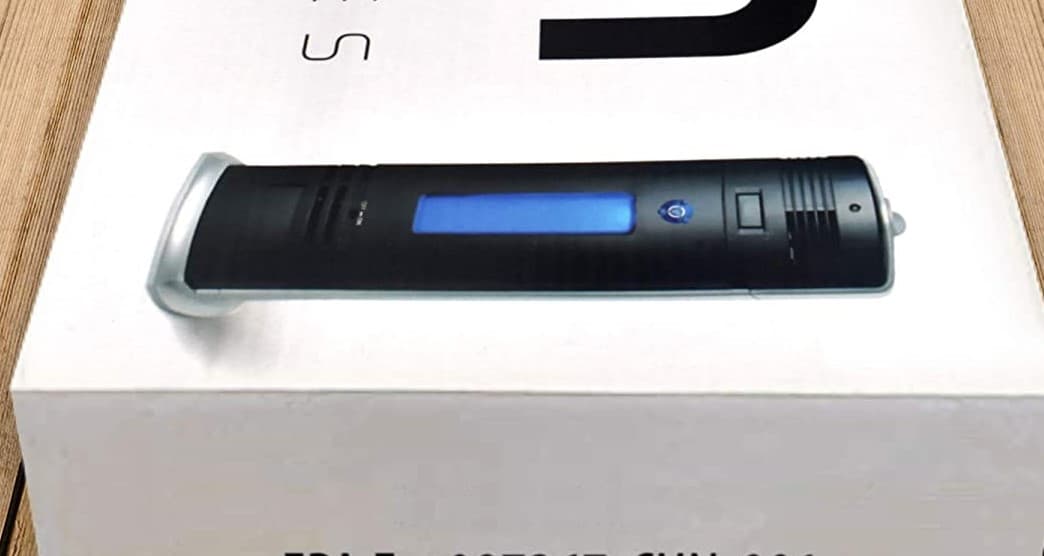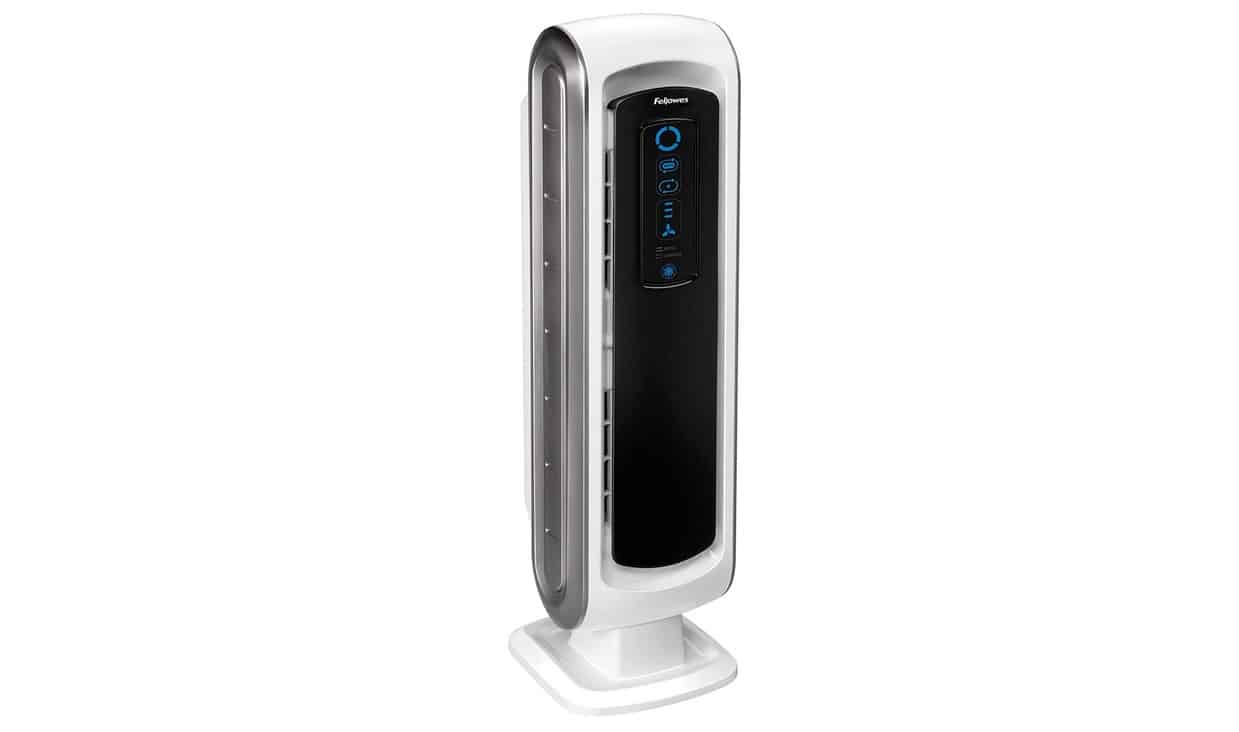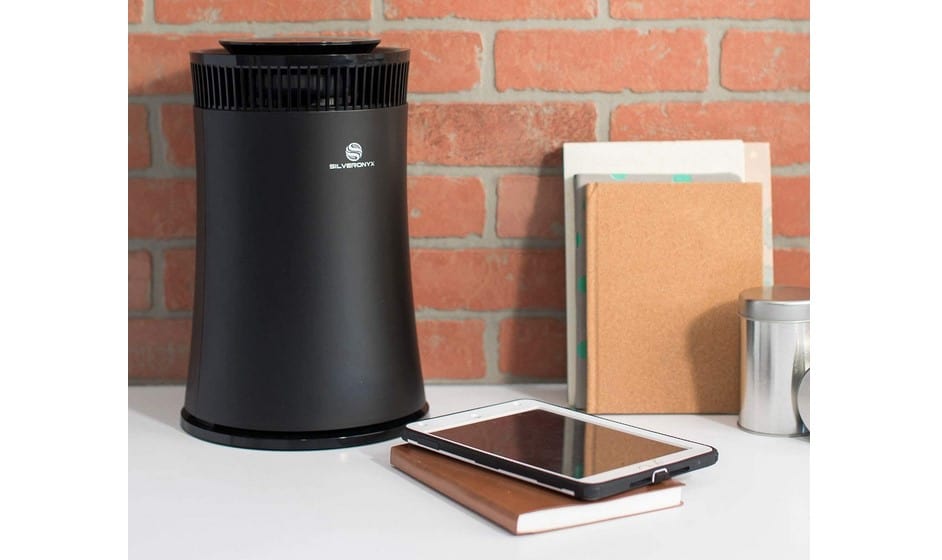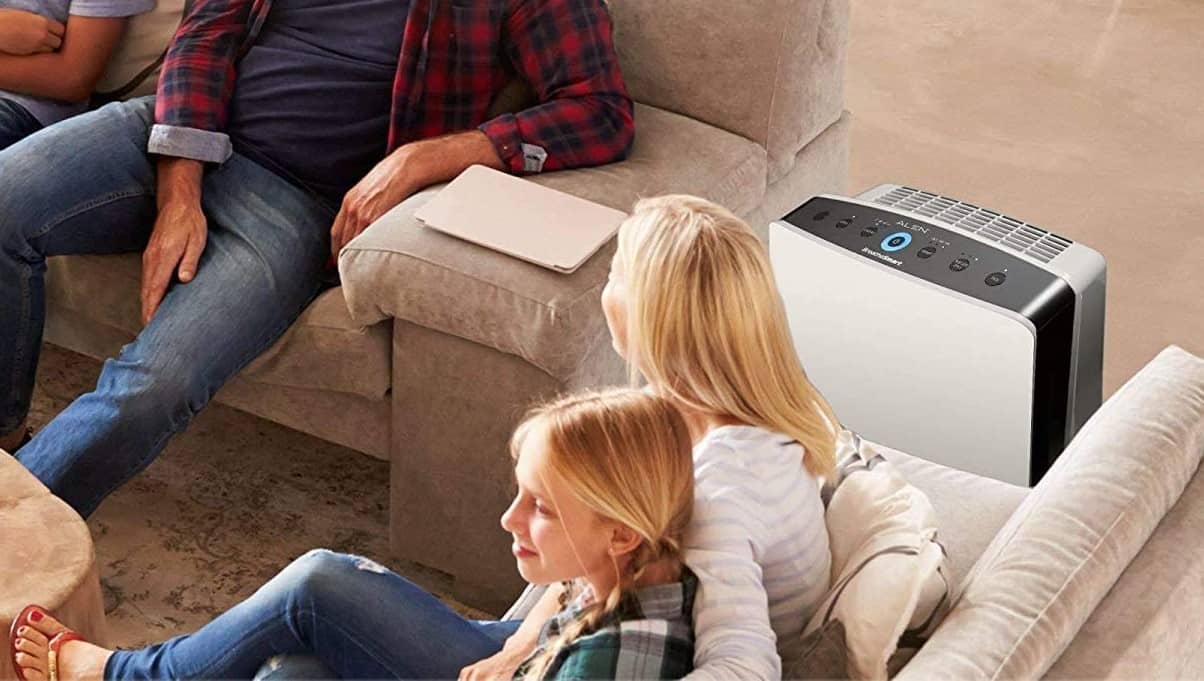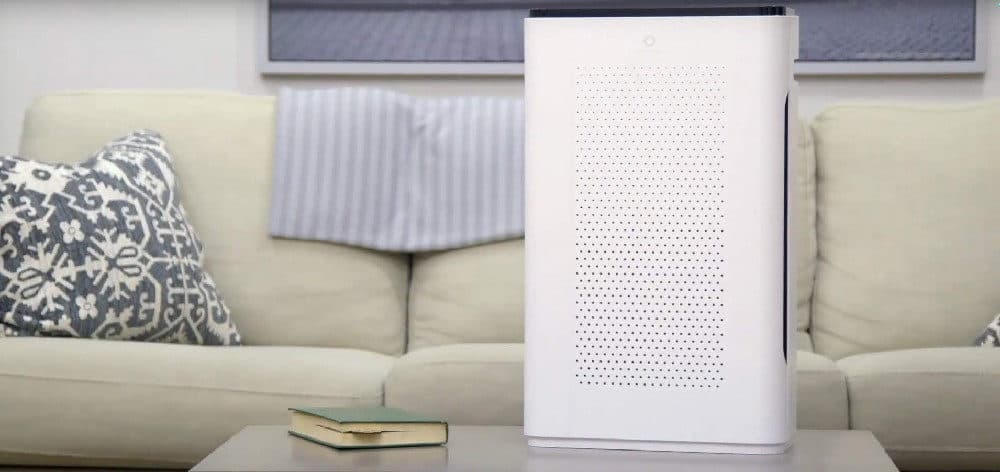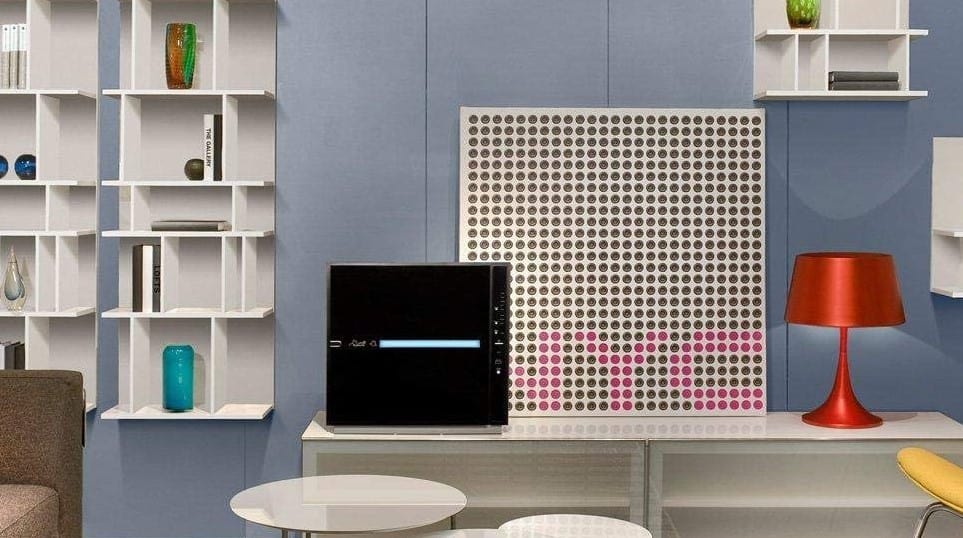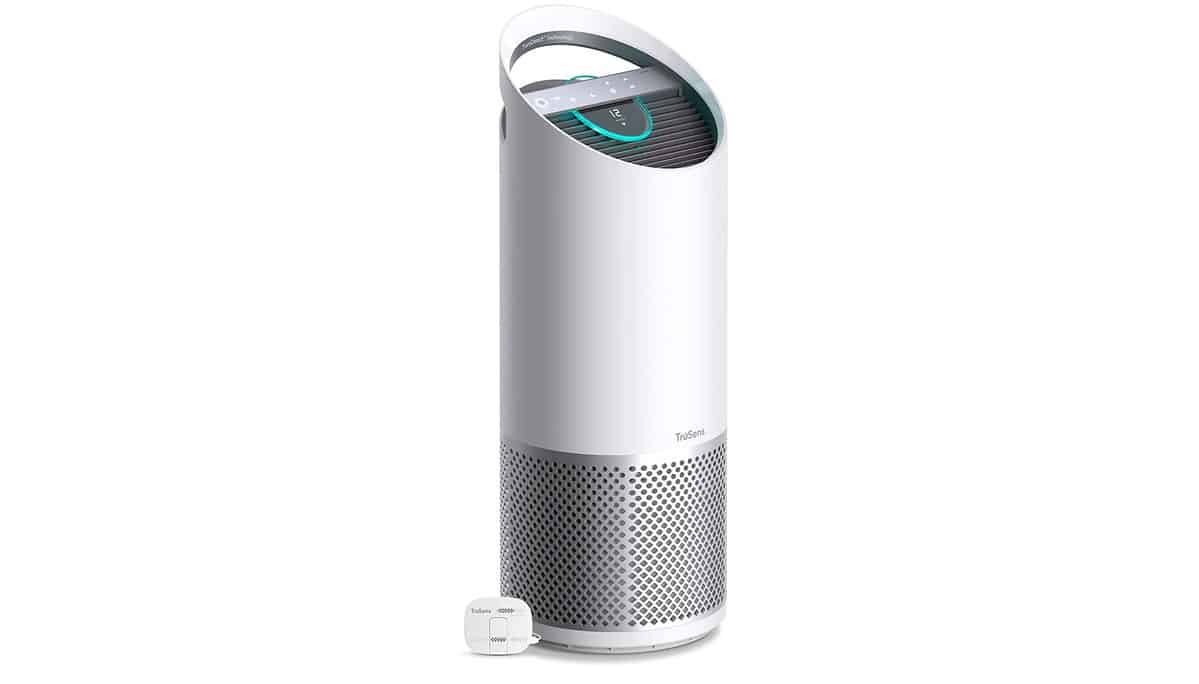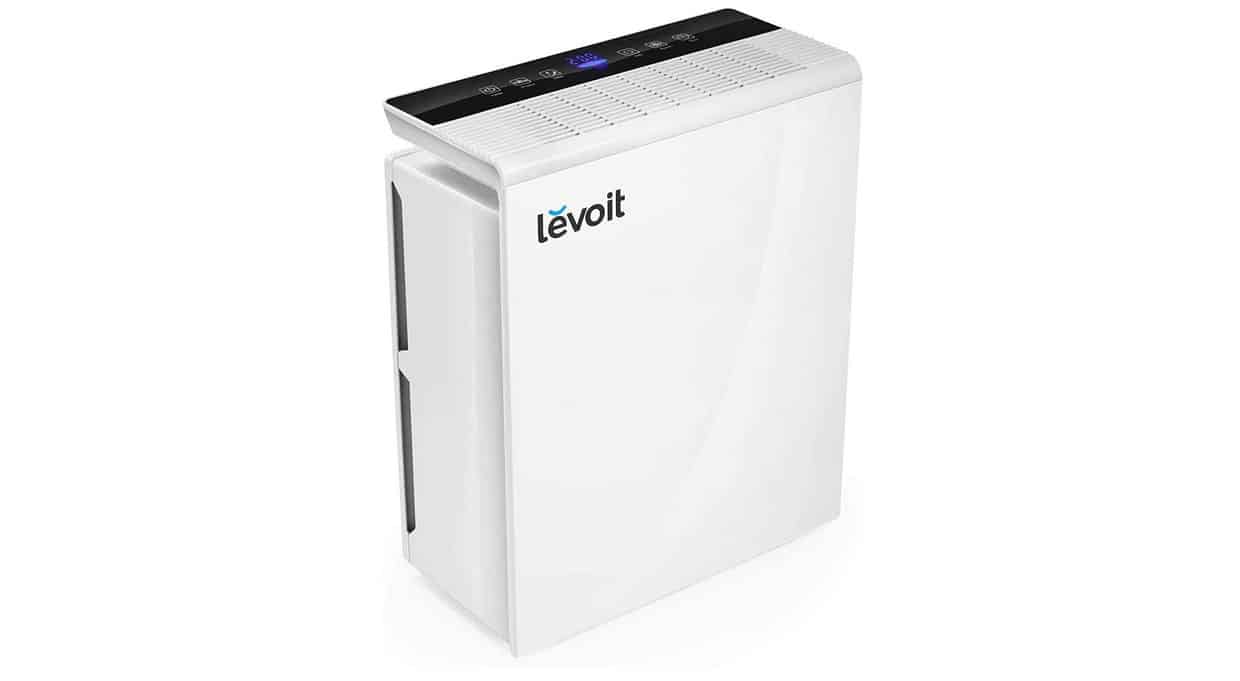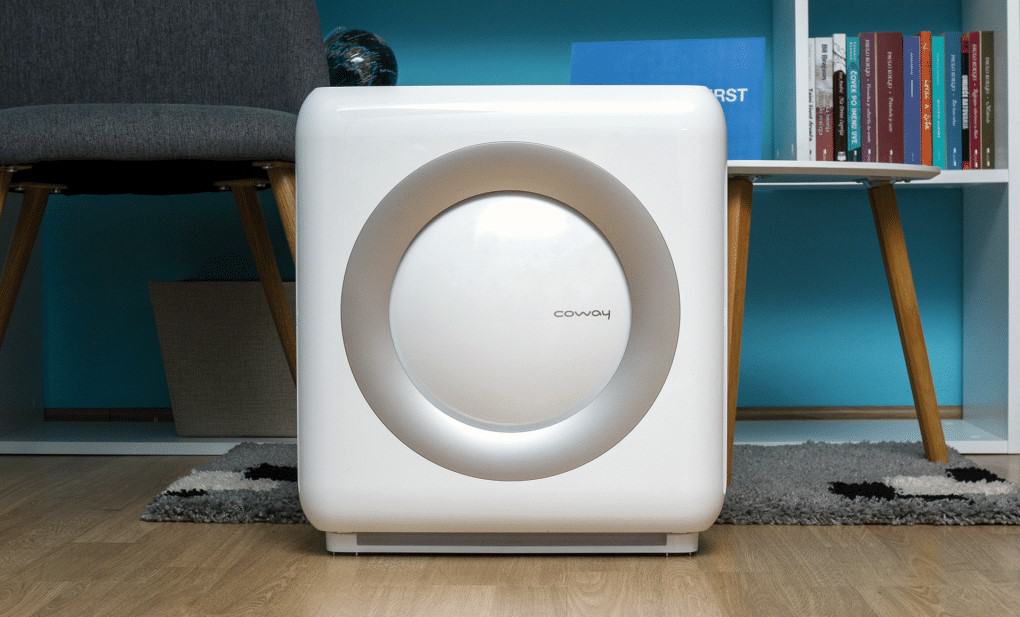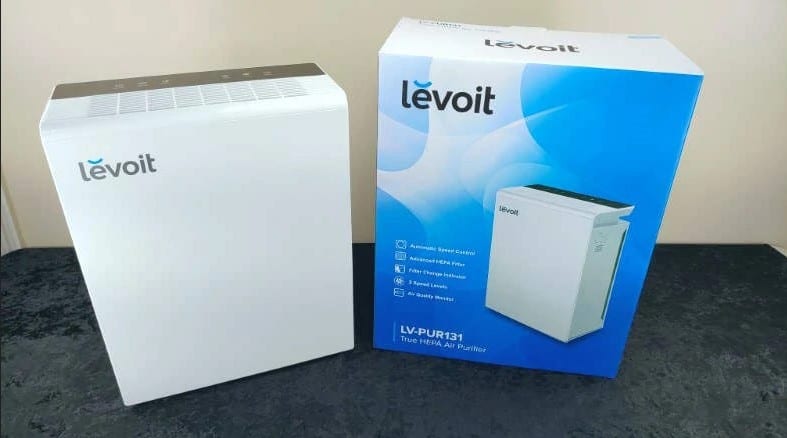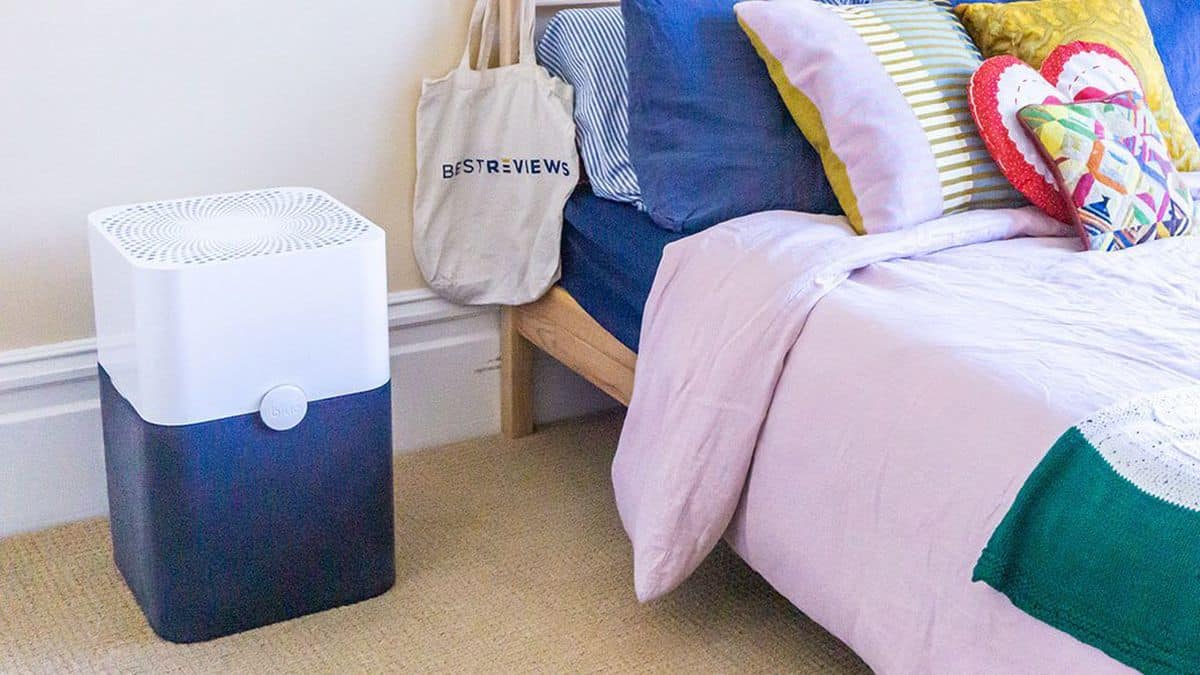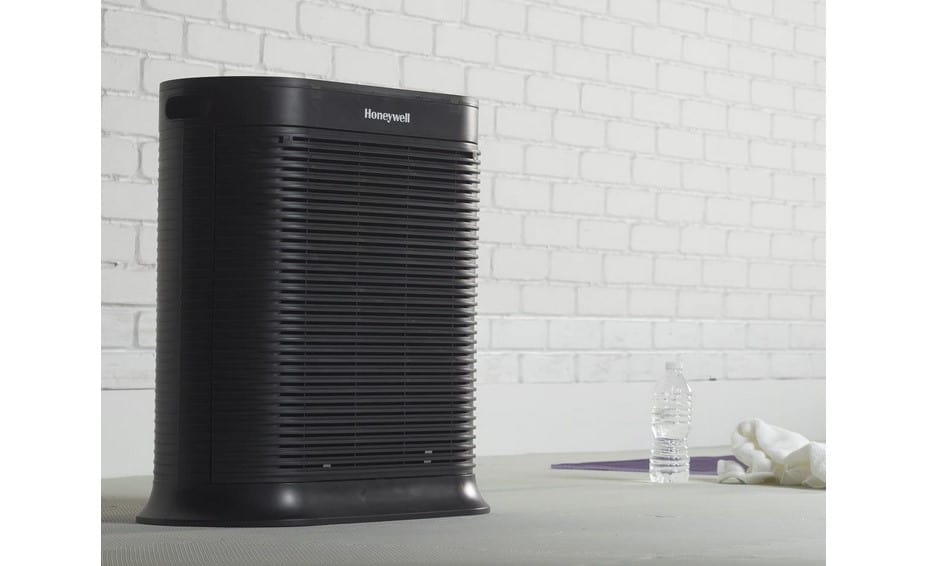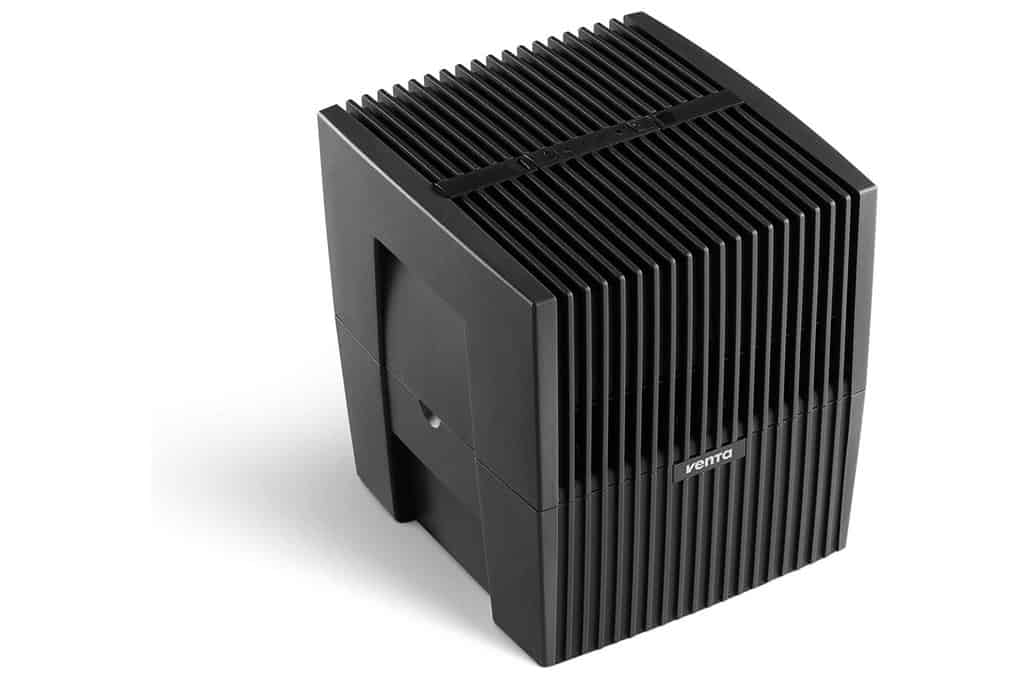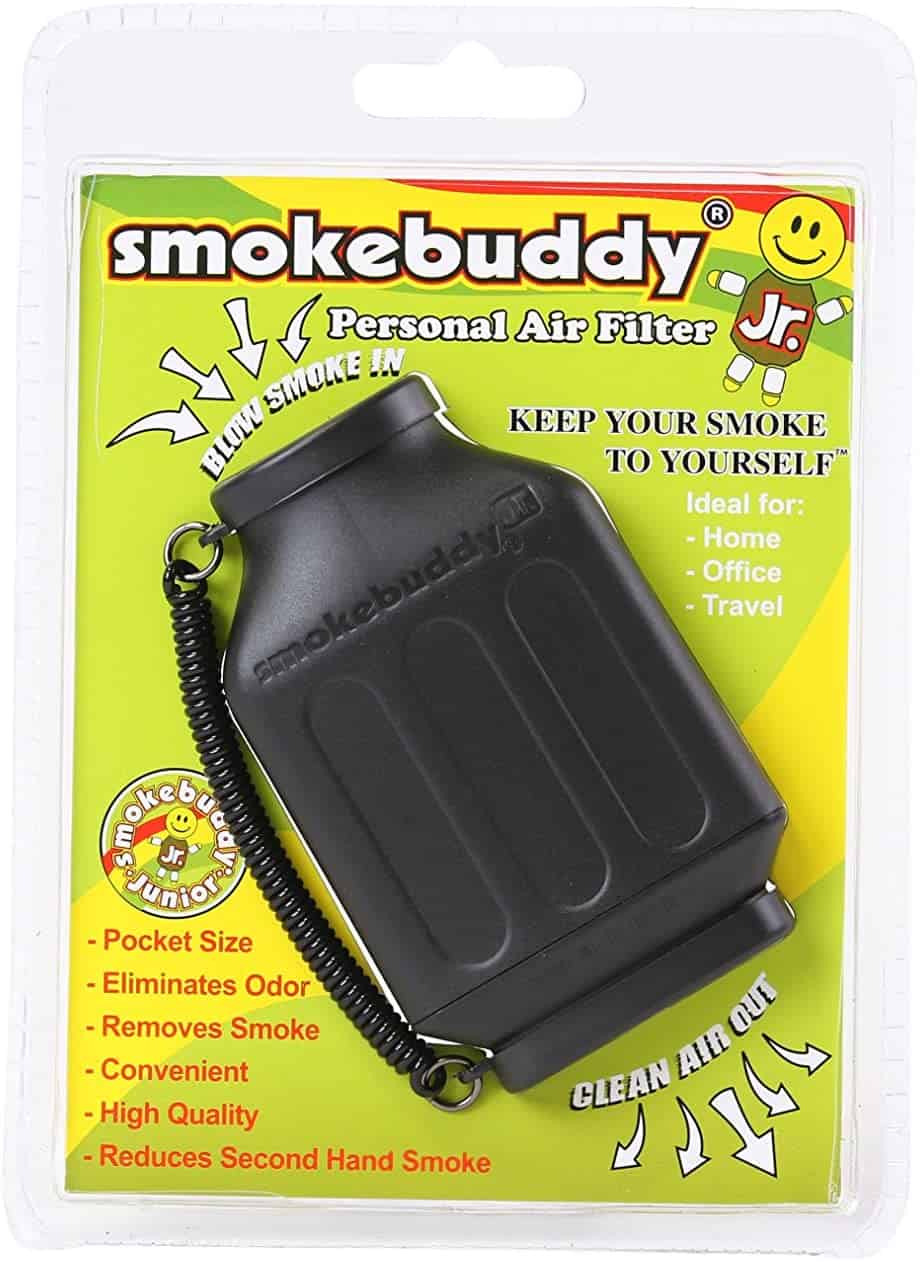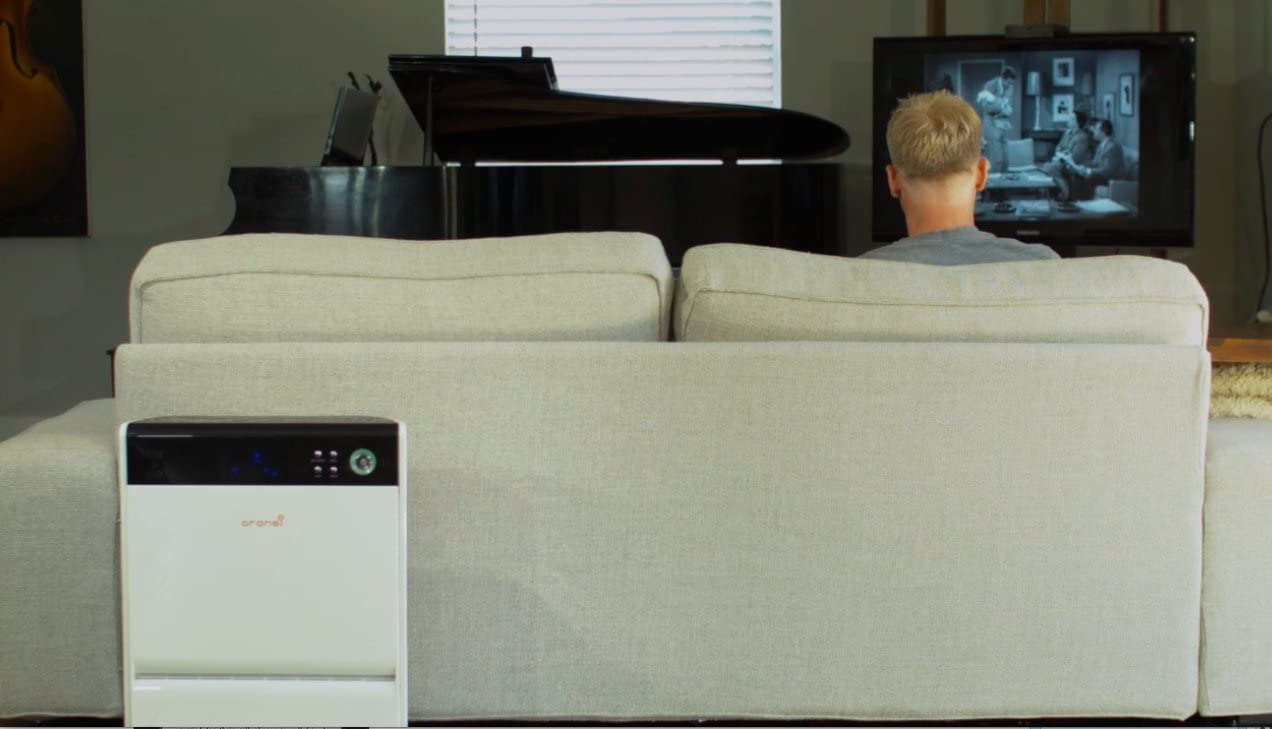If you have been running an air purifier for a while and are looking to give it a thorough cleaning, you may have some questions regarding cleaning products and air purifiers. What kind of disinfectant can I use? Can I use bleach? Do I use water? Is it one of the highly recommended air purifiers? We are here to answer all of these questions and more.
KEY TAKEAWAYS:
- You should avoid using chemical-based disinfectants when cleaning an air purifier.
- Instead, use a microfiber cloth and a dab of water to clean the exterior of the purifier and any removable components.
- Please allow the various components of the purifier time to dry before reinserting them back into the purifier.
How Do I Clean an Air Purifier?
The cleaning process will depend on your air purifier and what kind of filtration technology it uses to purify the air. HEPA filters, for instance, are typically not cleaned at all. They are disposed of and replaced every six months to a year. Activated carbon filters and electrostatic filters, on the other hand, should be cleaned every month. Check the instructions that accompanied your air purifier for further information about the cleaning process.
Insider Tip
HEPA filters, for instance, are typically not cleaned at all. They are disposed of and replaced every six months to a year.
Can I Use a Disinfectant in an Air Purifier?
A disinfectant is typically a liquid, whereas an air purifier tends to use air. In other words, common household disinfectants will not assist in an air purifier’s overall efficacy. As for cleaning the purifier itself, we would exercise caution when using a disinfectant as it could gum up the internal workings of the purifier. Additionally, air purifiers tend to push air out into the room once purified, and the smell of said disinfectant is sure to permeate your living space. You can also find what kind of air purifier kills germs. It will ensure your space is disinfected while not destroying your air filter.
So How Do I Clean the Purifier Itself?
If you need to really get in there and clean the purifier, here are some steps to take.
- Take apart any easily removable components – These are the components you will actually be cleaning. Try to avoid contact with the fans or purification mechanisms.
- Feel free to use a disinfectant on the exterior – As long as the disinfectant does not come into contact with the fans or purification mechanism, you should be good. Feel free to use a disinfectant on the exterior of the unit as well as the removable components.
- Use a microfiber cloth – The best fabric to use to clean your air purifier is a clean microfiber cloth.
- Use water – The best liquid to clean your air purifier is simple water. Dab a bit of water onto the microfiber cloth and have at it.
- Allow the parts to dry – Before you reassemble your air purifier, allow the various components to fully dry.
If you are tired of handling disinfectants then you can get natural air purifiers. Keep in mind that the best natural air purifiers are plants. You may have often wondered, ‘what plants are good air purifiers?’ This is one of the best and most affordable ways of purifying the air.
Other ways to purify the air include getting the right air purifier for emphysema and cleaning the air with an electrostatic air purifier. Alternatively, for both of these to work, you’ll need to know the energy usage of an air purifier before buying it.
Insider Tip
The best fabric to use to clean your air purifier is a clean microfiber cloth.
F.A.Q.S
Why might cleaning a HEPA filter be a bad idea?
True HEPA filters are not designed to be cleaned, as doing so can damage the filter’s many layers and internal components. Instead, dispose of the filter and replace it every six months to one year.
What are HEPA filters made out of?
HEPA filters are made out of various materials, including silica, animal hair, vegetable fiber, metallic wools, and more. There is no one way to make a HEPA filter, as it is standard and not specific to one product.
Can air purifiers protect you from COVID-19?
Research has shown that some air purifiers can trap, capture, or kill coronavirus particles. However, they can only do so from the air, and COVID-19 is primarily transferred via touch.
STAT: Cleaners that use a HEPA filter — a type of pleated mechanical air filter — can remove at least 99.97% of dust, pollen, mold, bacteria, pathogens, and other particles with a size of 0.3 microns, according to the U.S. Environmental Protection Agency. (source)

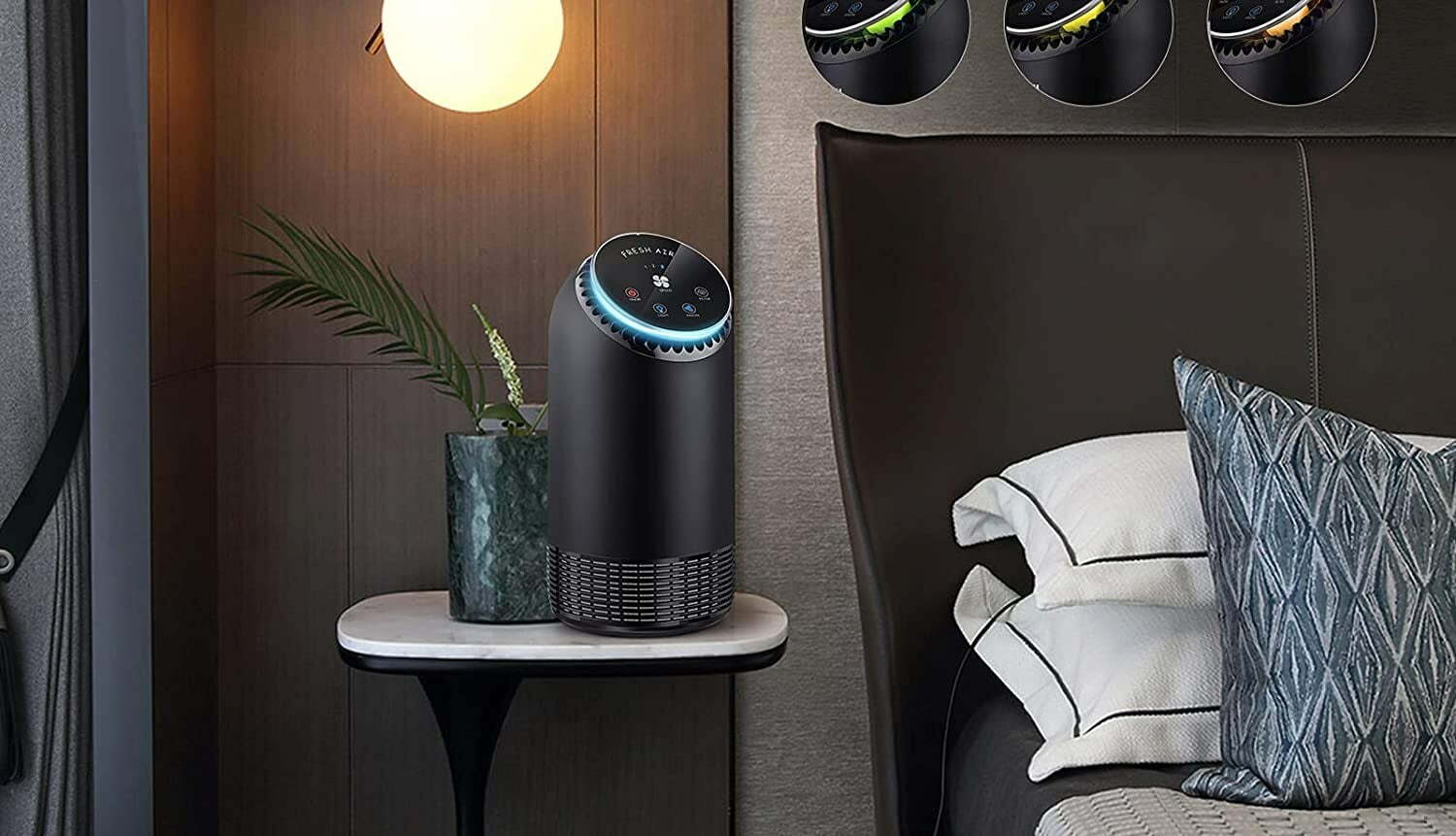













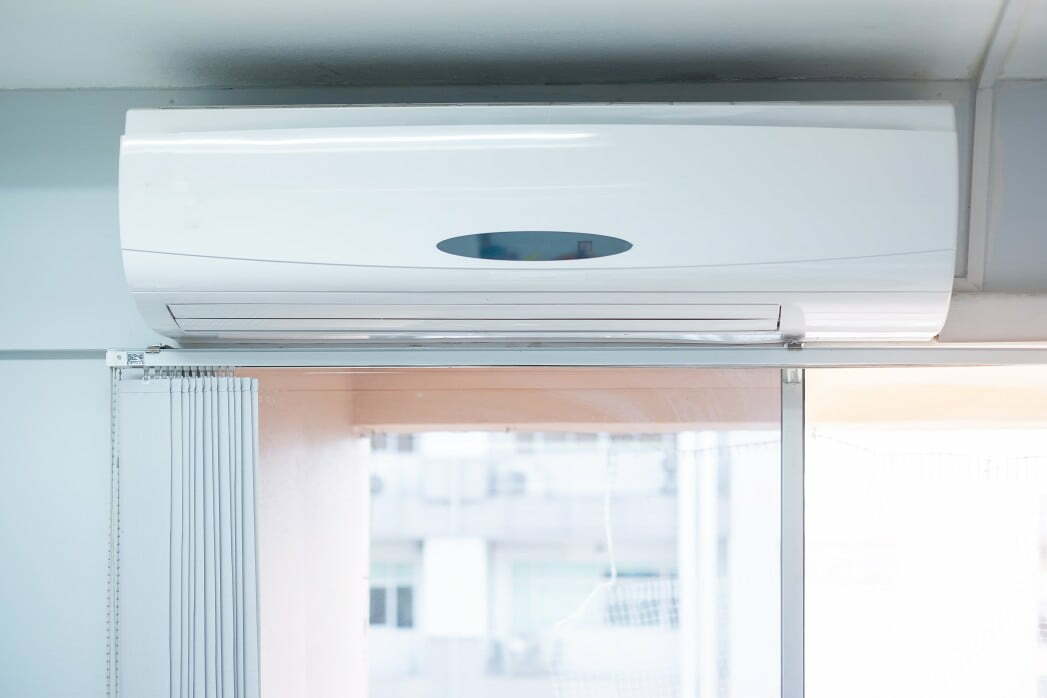
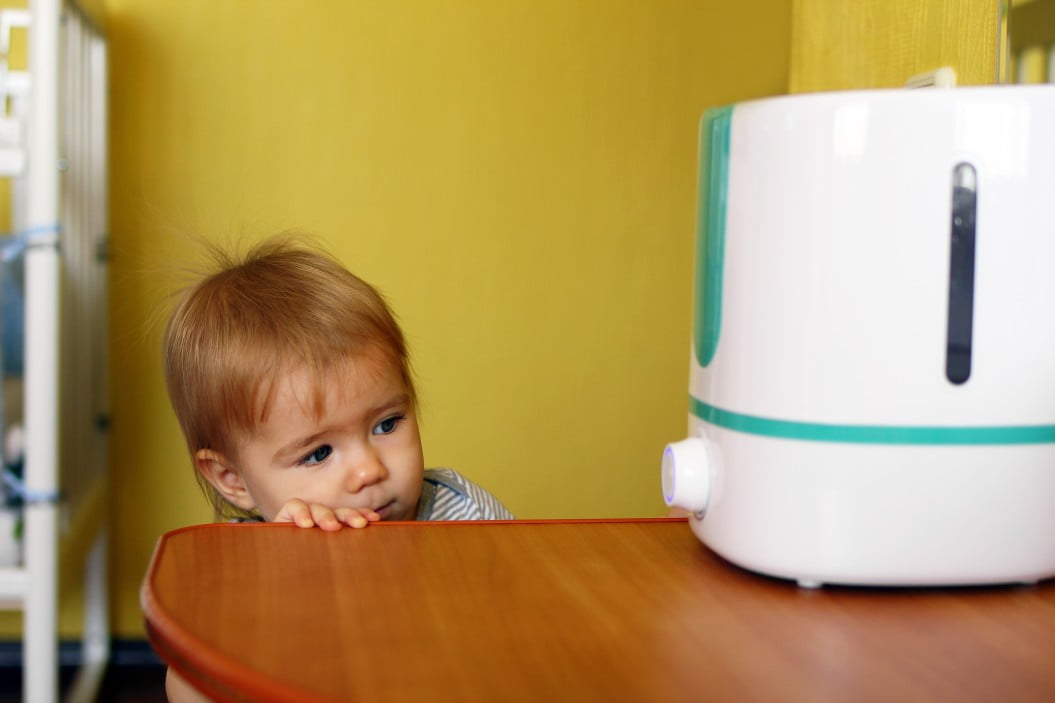
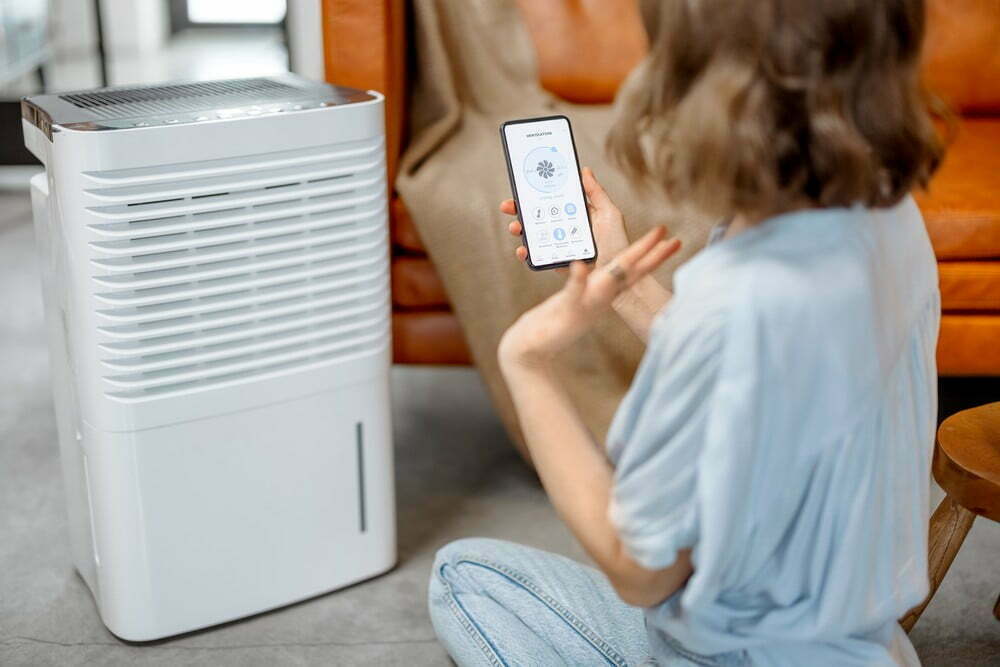
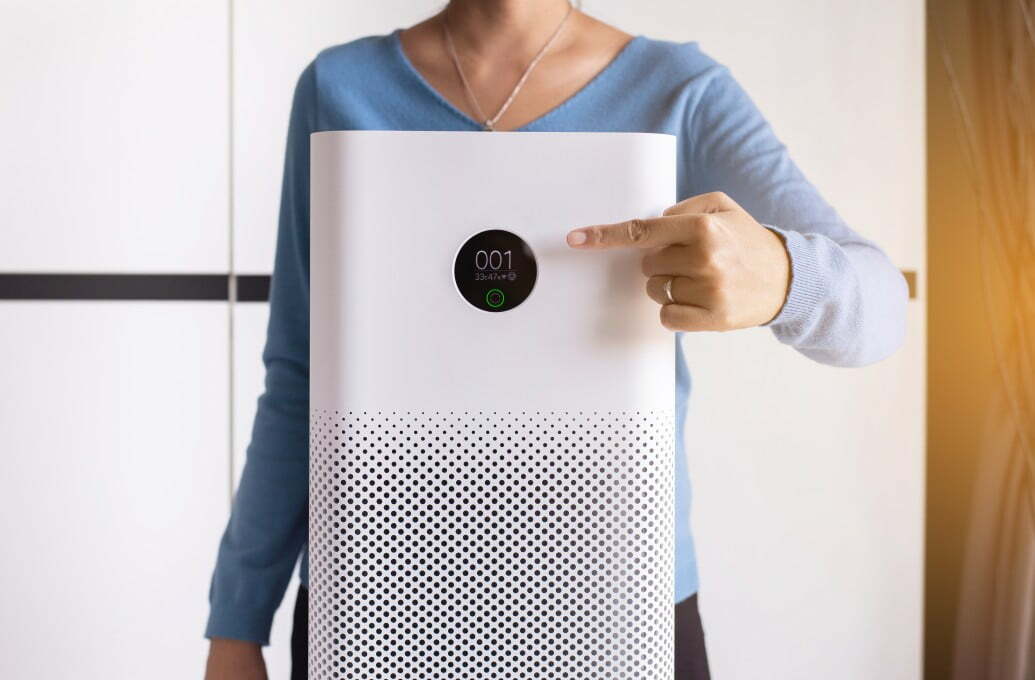
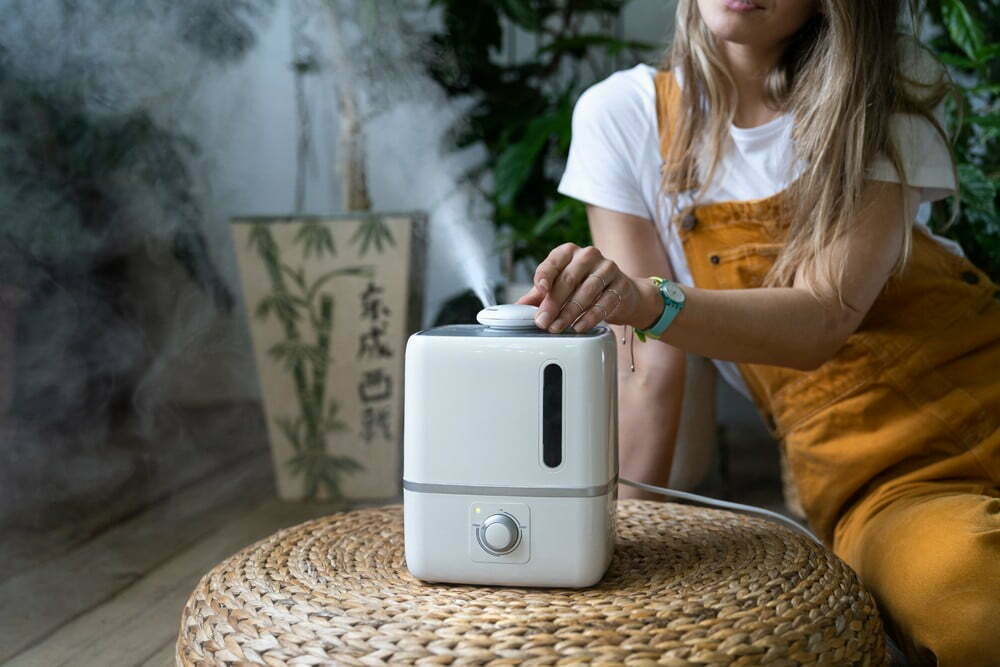
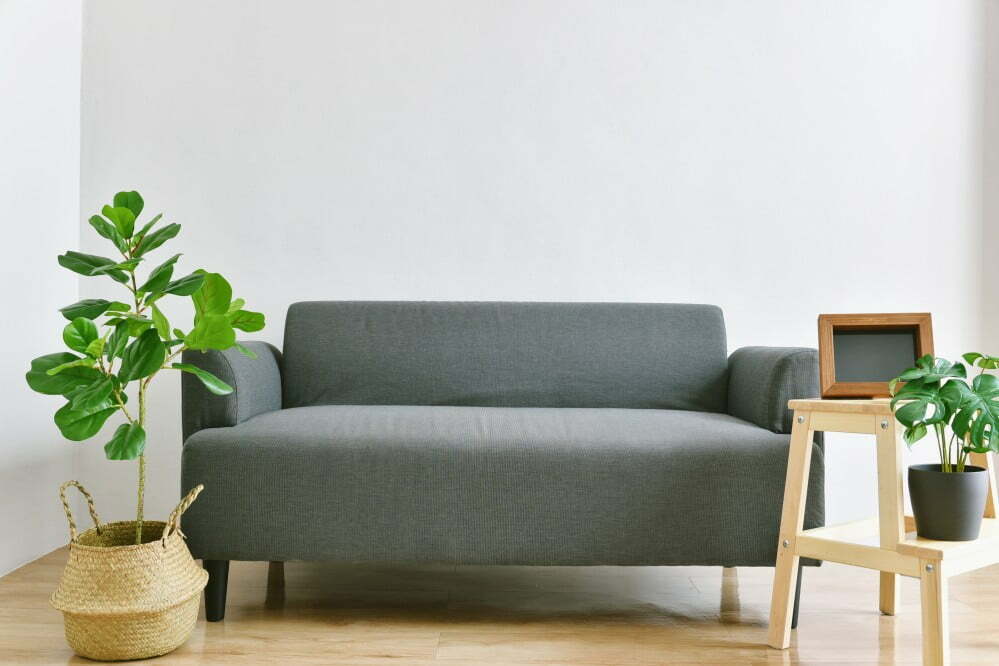
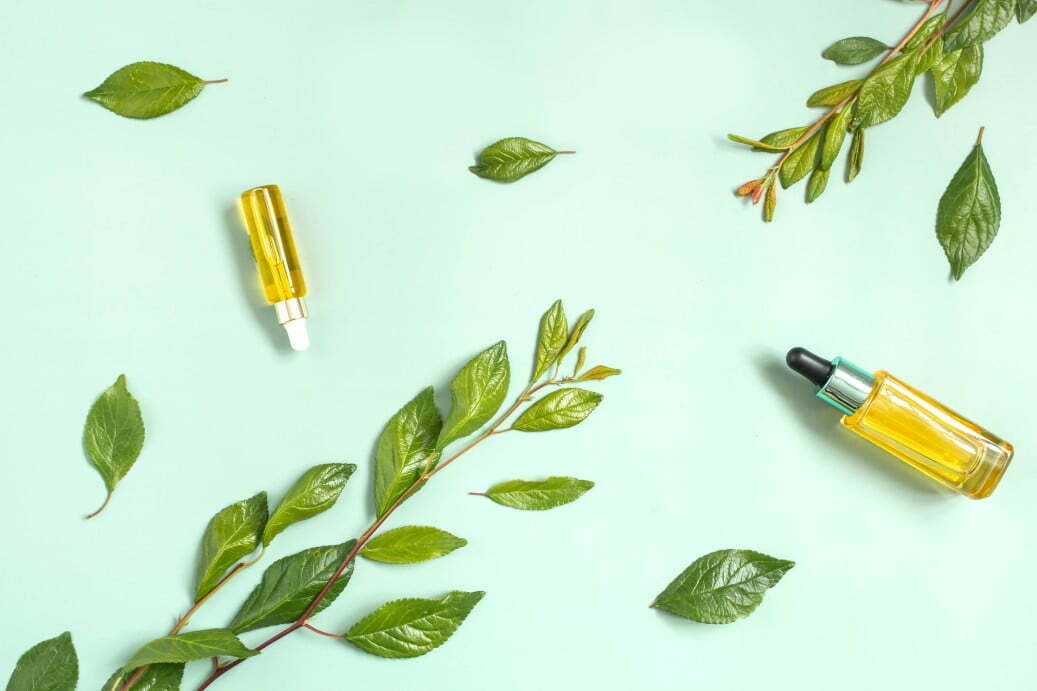
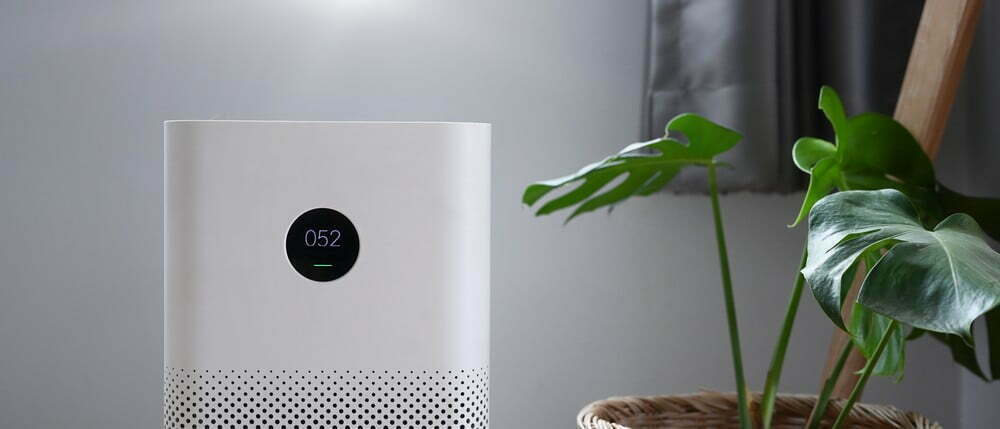
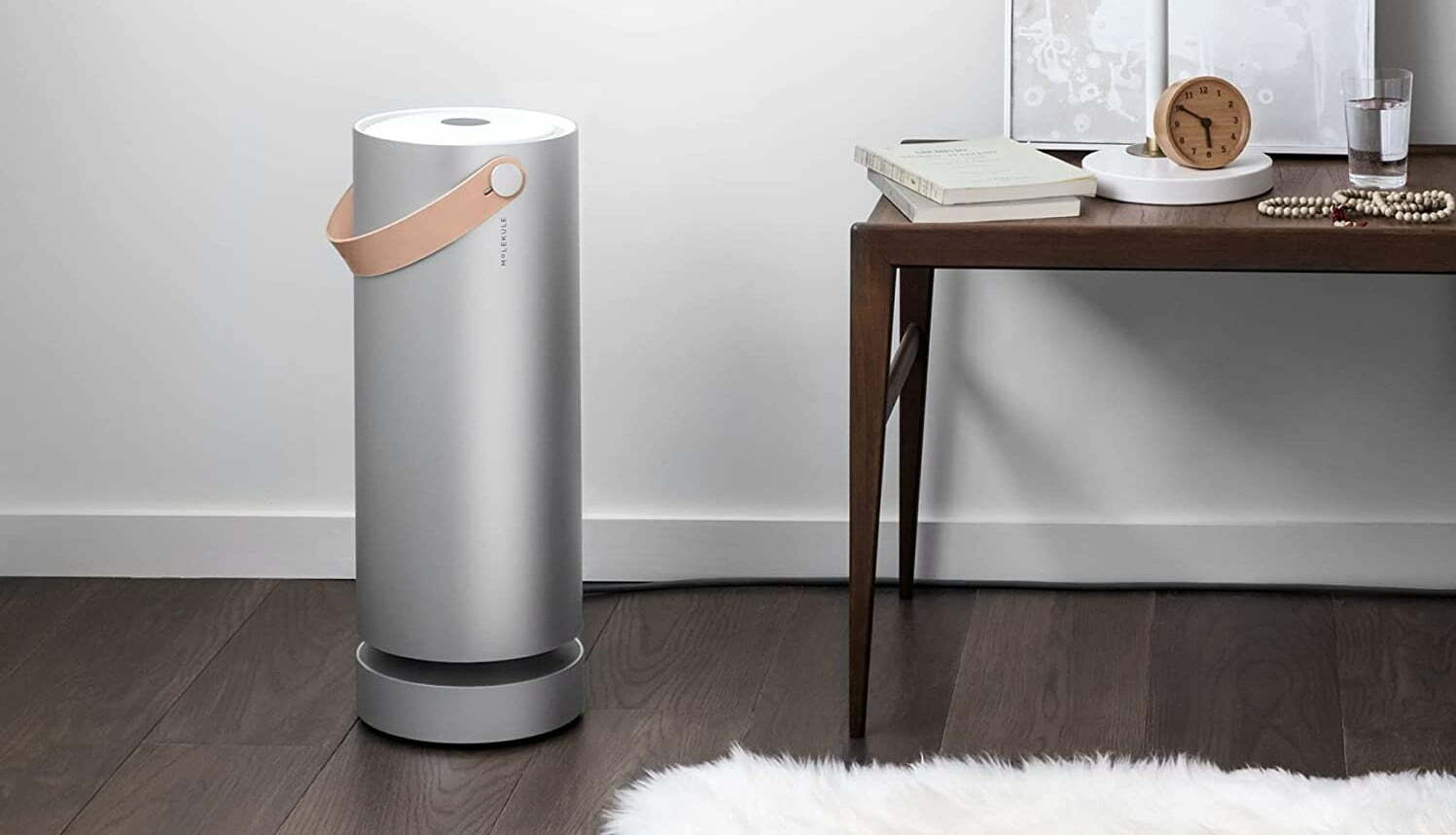
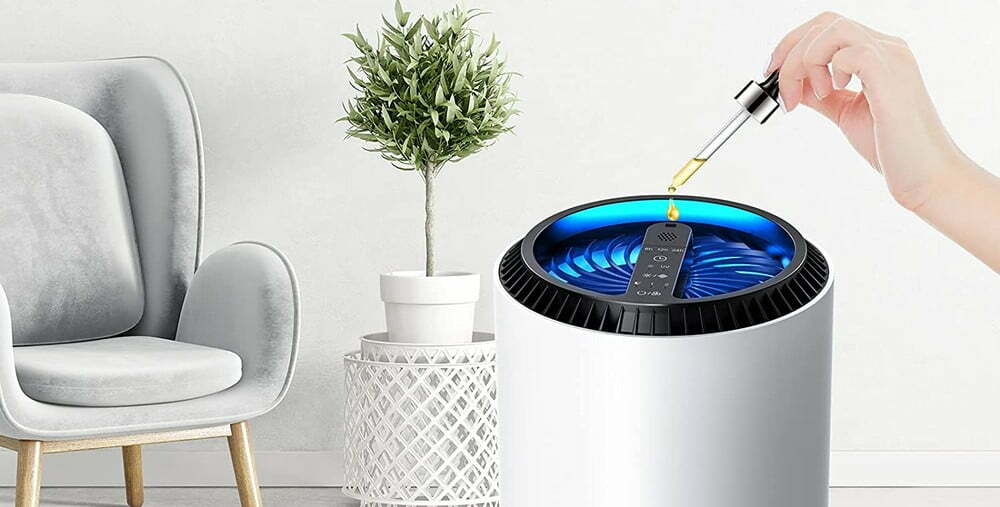
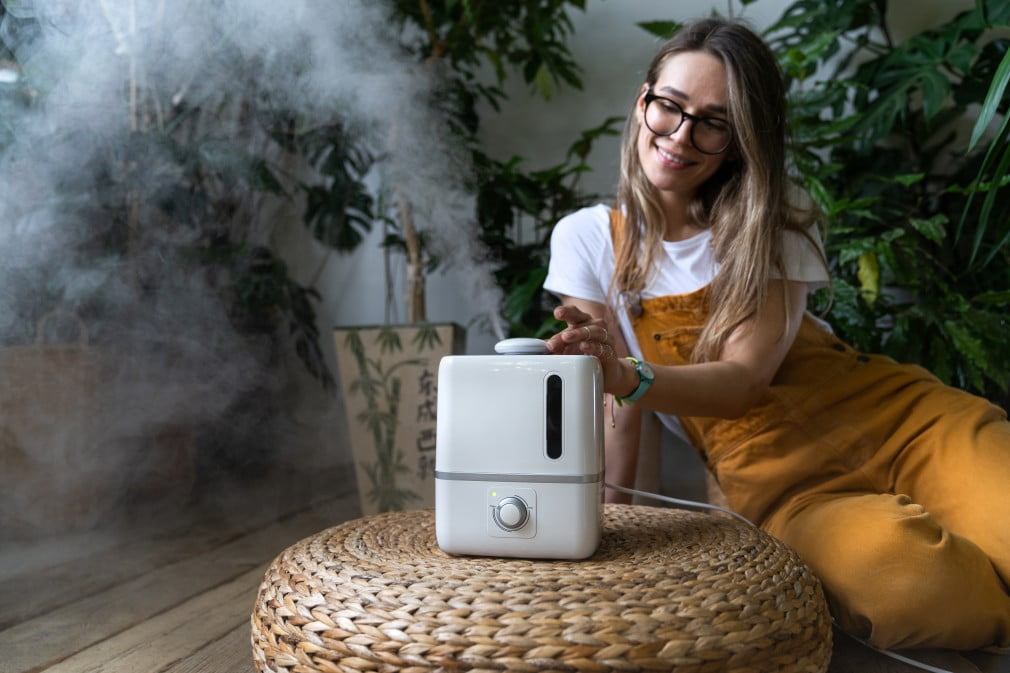
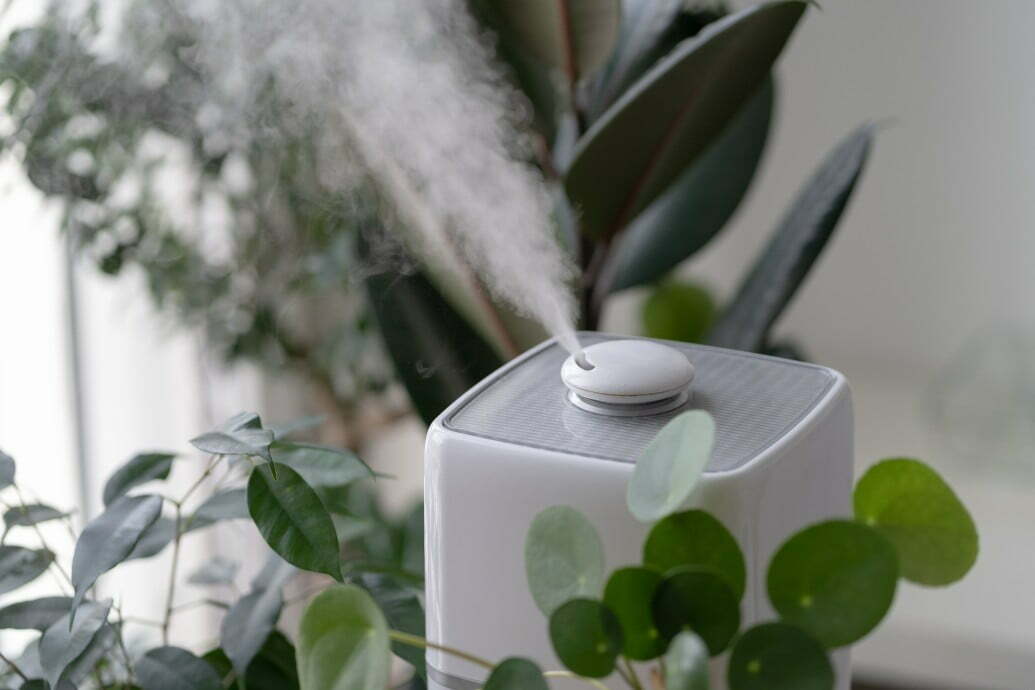
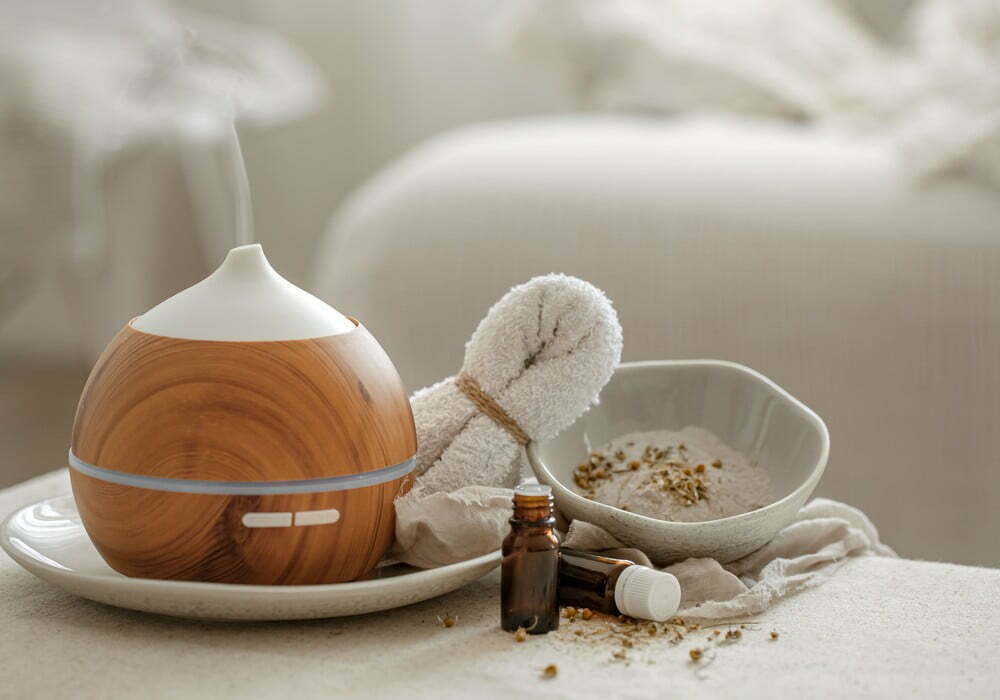
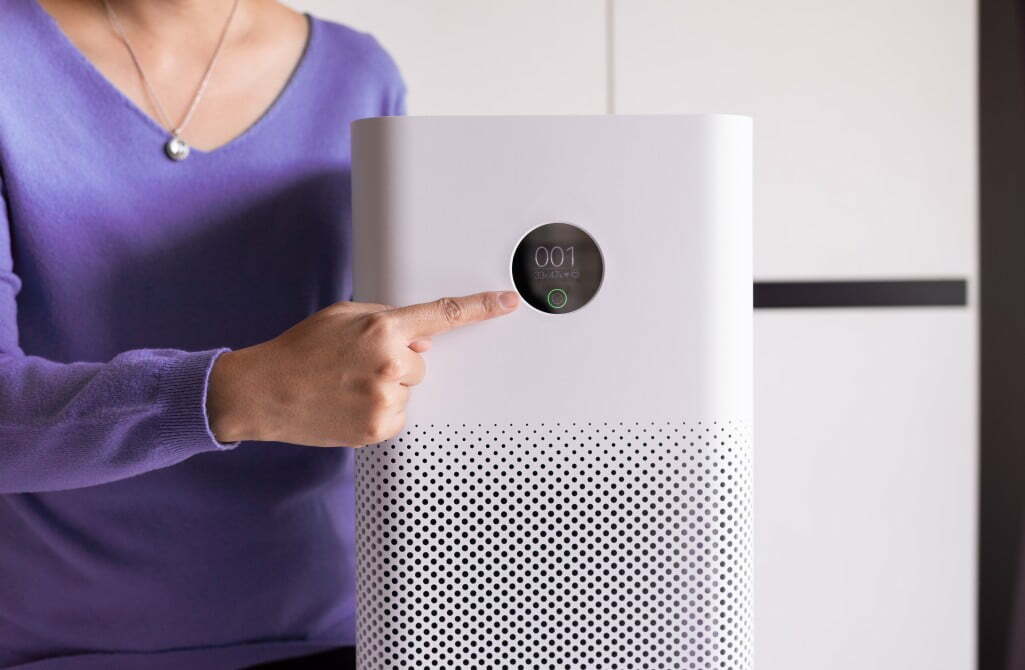
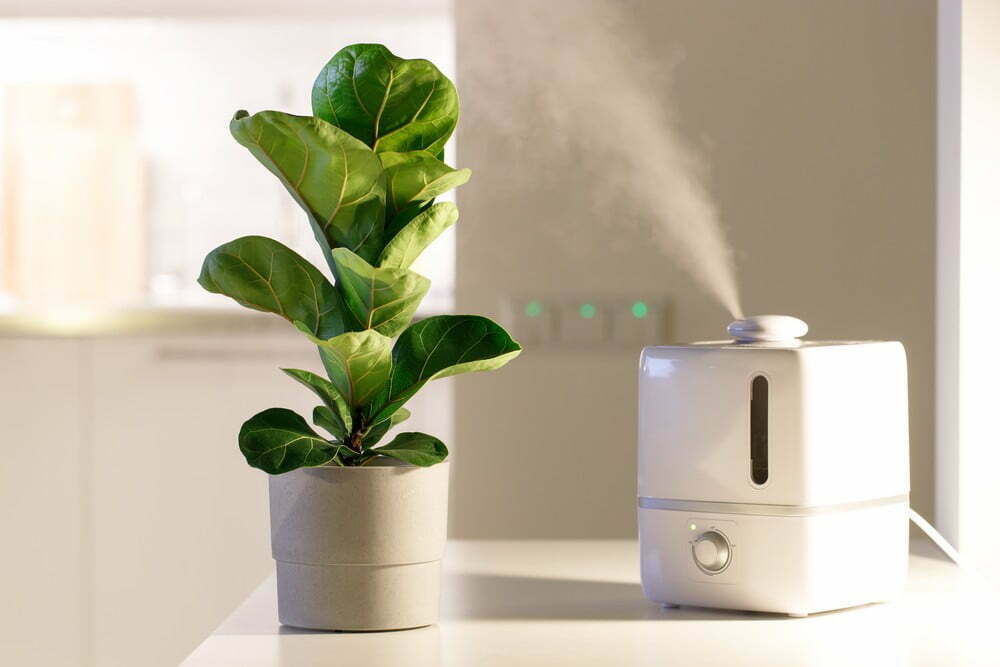
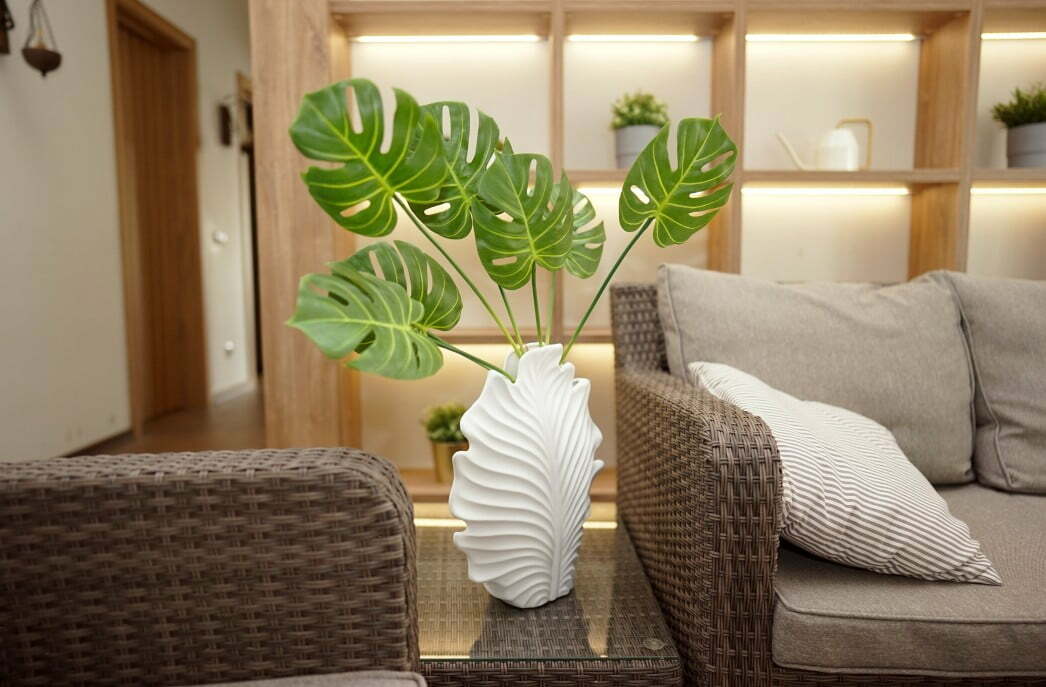
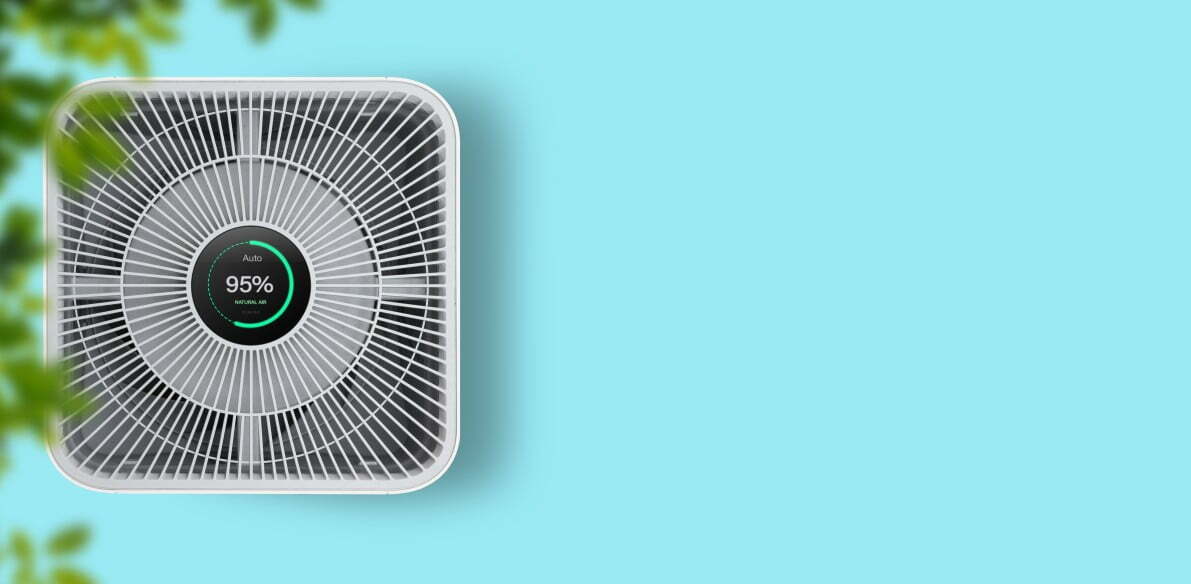
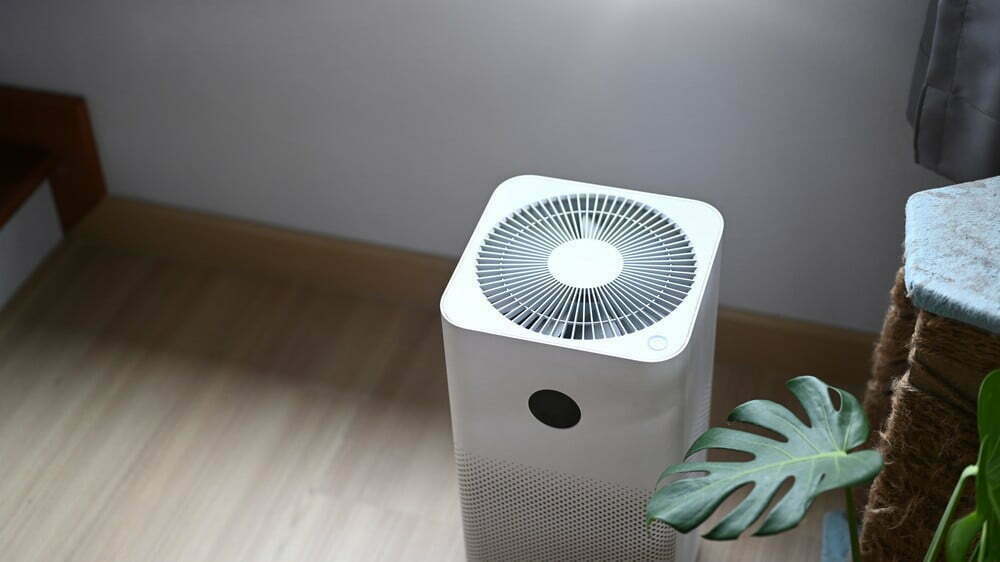
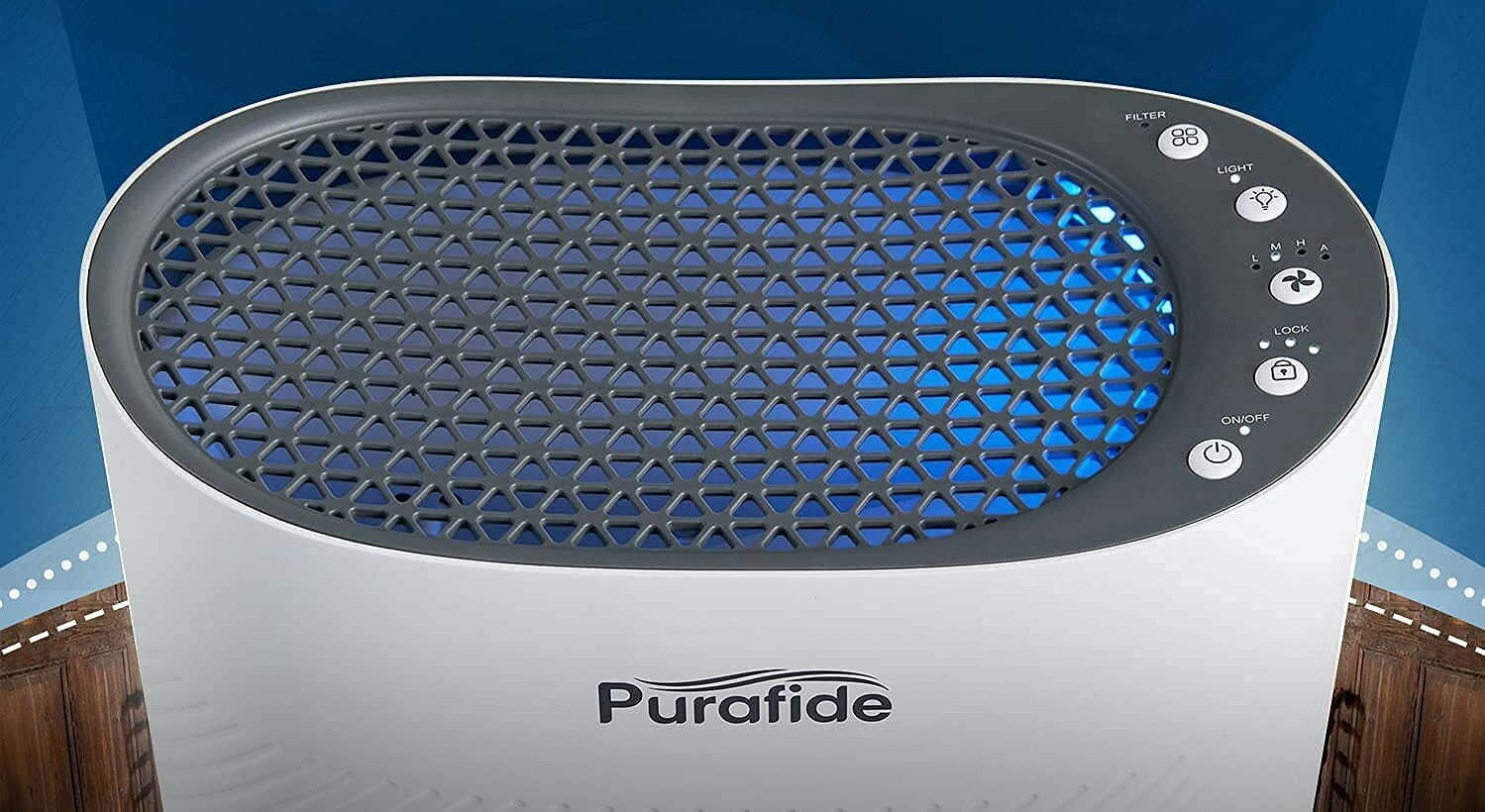
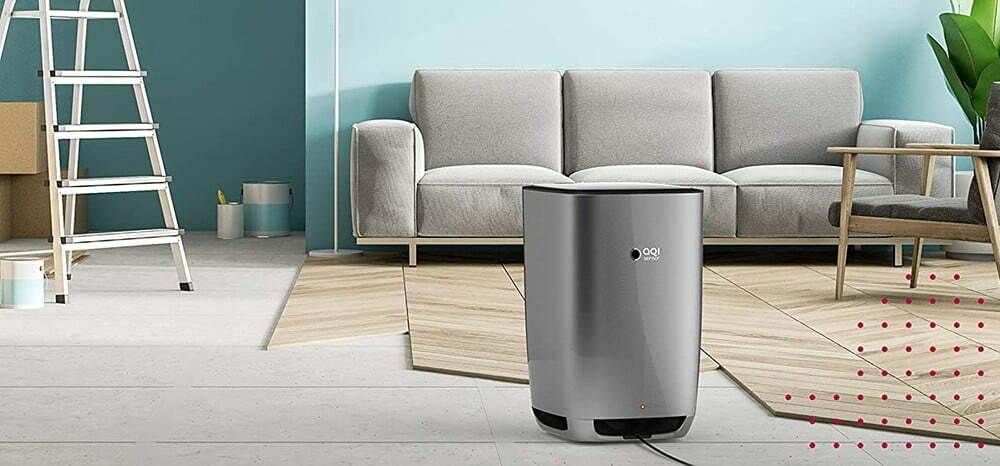
![Best Air Purifiers for VOCs and Formaldehyde in [year] 27 Best Air Purifiers for VOCs and Formaldehyde in 2026](https://www.gadgetreview.dev/wp-content/uploads/best-air-purifier-for-vocs-and-formaldehyde-image.jpg)
![Best Air Purifier in [year] ([month] Reviews) 28 Best Air Purifier in 2026 (January Reviews)](https://www.gadgetreview.dev/wp-content/uploads/Honeywell-True-HEPA-Allergen-Remover-HPA300-e1475603569442.jpg)
![Best Air Purifiers for Dust in [year] 29 Best Air Purifiers for Dust in 2026](https://www.gadgetreview.dev/wp-content/uploads/best-air-purifier-for-dust-image.jpg)
![Best Honeywell Air Purifiers in [year] 30 Best Honeywell Air Purifiers in 2026](https://www.gadgetreview.dev/wp-content/uploads/best-honeywell-air-purifier-image.jpg)
![Best Germicidal Air Purifiers in [year] 31 Best Germicidal Air Purifiers in 2026](https://www.gadgetreview.dev/wp-content/uploads/best-germicidal-air-purifier-image.jpg)
![Best Filterless Air Purifiers in [year] 32 Best Filterless Air Purifiers in 2026](https://www.gadgetreview.dev/wp-content/uploads/best-filterless-air-purifier-image.jpg)
![Best Levoit Air Purifiers in [year] 33 Best Levoit Air Purifiers in 2026](https://www.gadgetreview.dev/wp-content/uploads/best-levoit-air-purifier-image.jpg)
![Best Air Purifiers for Smoking Weed in [year] 34 Best Air Purifiers for Smoking Weed in 2026](https://www.gadgetreview.dev/wp-content/uploads/best-air-purifier-for-smoking-weed-image.jpg)
![Best Quiet Air Purifiers in [year] 35 Best Quiet Air Purifiers in 2026](https://www.gadgetreview.dev/wp-content/uploads/best-quiet-air-purifier-image.jpg)
![Best Desktop Air Purifiers in [year] 36 Best Desktop Air Purifiers in 2026](https://www.gadgetreview.dev/wp-content/uploads/best-desktop-air-purifier.jpg)
![Best Dyson Air Purifiers in [year] 37 Best Dyson Air Purifiers in 2026](https://www.gadgetreview.dev/wp-content/uploads/best-dyson-air-purifier.jpg)
![Best Air Purifiers for Dorm Room in [year] 38 Best Air Purifiers for Dorm Room in 2026](https://www.gadgetreview.dev/wp-content/uploads/air-purifier-for-dorm-room-1.jpg)
![Best Air Purifiers for Office in [year] 39 Best Air Purifiers for Office in 2026](https://www.gadgetreview.dev/wp-content/uploads/best-air-purifier-for-office.jpg)
![Best Air Purifiers for Basement in [year] 40 Best Air Purifiers for Basement in 2026](https://www.gadgetreview.dev/wp-content/uploads/best-air-purifier-for-basement.jpg)
![Best Air Purifiers For Odor in [year] 41 Best Air Purifiers For Odor in 2026](https://www.gadgetreview.dev/wp-content/uploads/best-air-purifier-odor.jpg)
![10 Best Personal Air Purifiers in [year] 42 10 Best Personal Air Purifiers in 2026](https://www.gadgetreview.dev/wp-content/uploads/best-personal-air-purifiers.jpg)
![10 Best Plug In Air Purifiers in [year] 43 10 Best Plug In Air Purifiers in 2026](https://www.gadgetreview.dev/wp-content/uploads/best-plug-in-air-purifier-image.jpg)
![10 Best Whole House Air Purifiers in [year] 44 10 Best Whole House Air Purifiers in 2026](https://www.gadgetreview.dev/wp-content/uploads/best-whole-house-air-purifier-image.jpg)
![10 Best Large Room Air Purifiers in [year] 45 10 Best Large Room Air Purifiers in 2026](https://www.gadgetreview.dev/wp-content/uploads/Coway-Airmega-200M-Large-Room-Air-Purifier-900x900-1.png)
![10 Best UV Air Purifiers in [year] 46 10 Best UV Air Purifiers in 2026](https://www.gadgetreview.dev/wp-content/uploads/best-uv-air-purifier.jpg)
